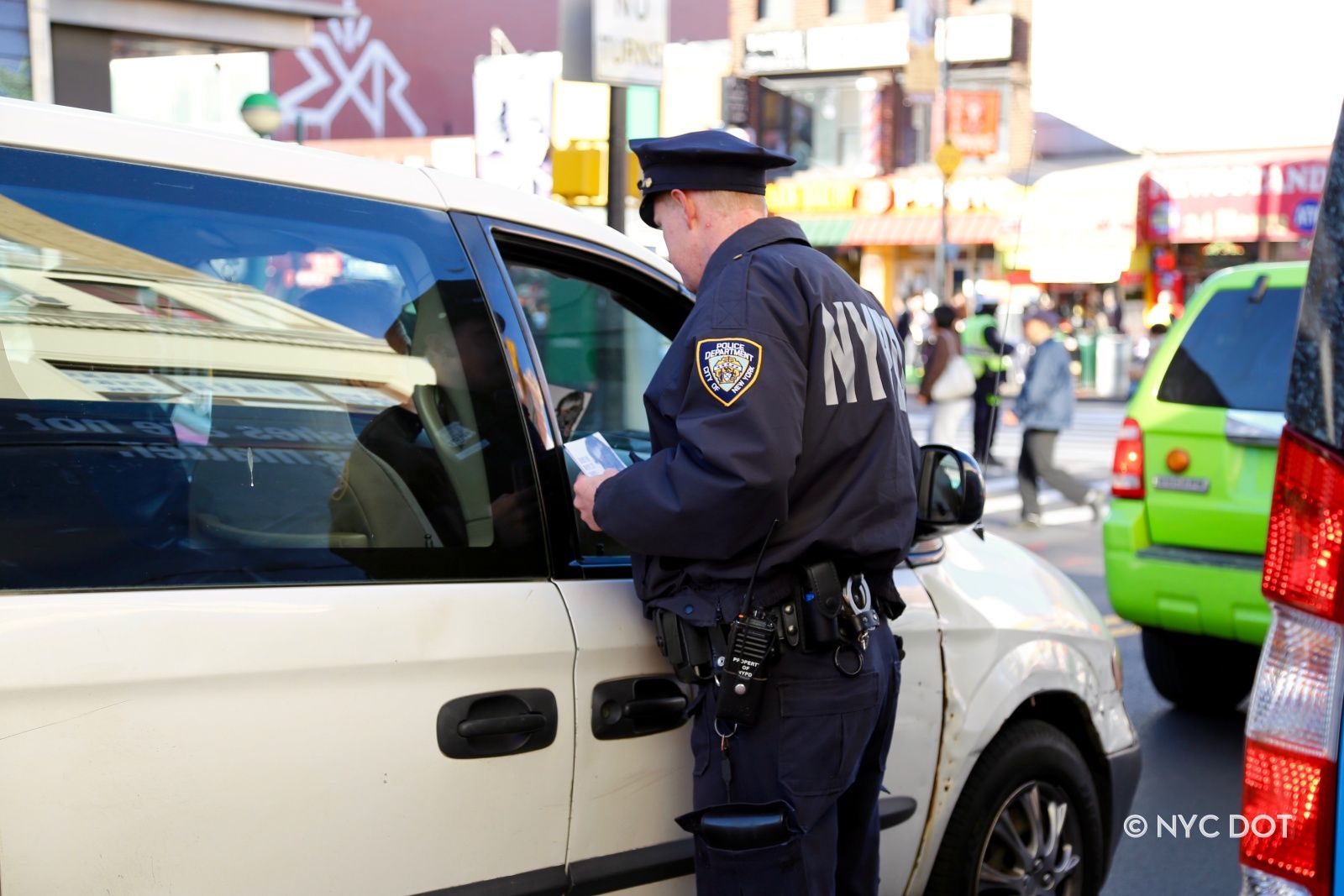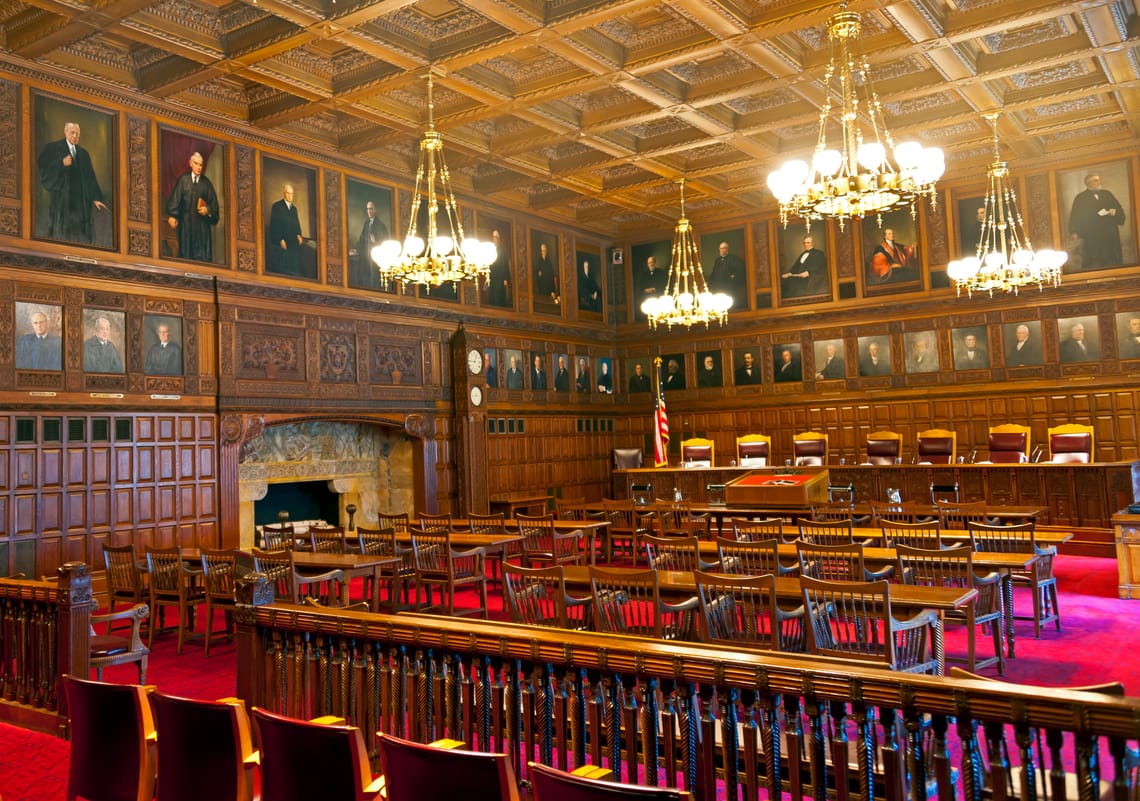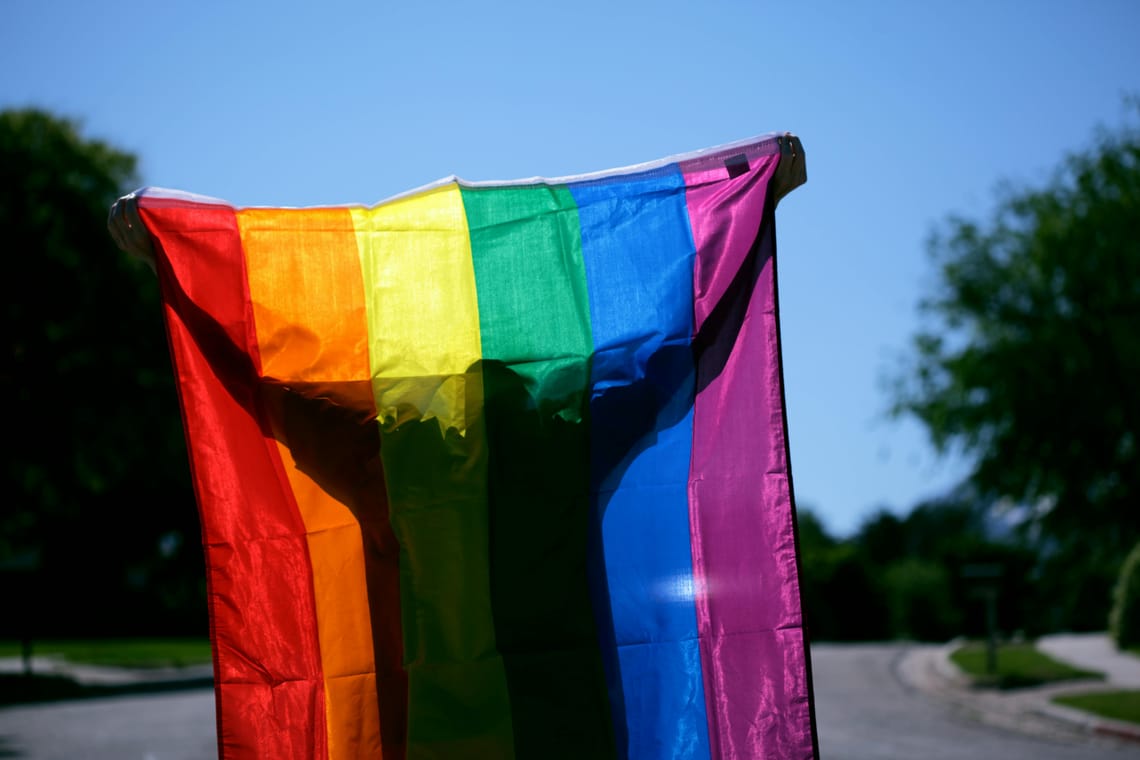
The Police Benevolent Association (PBA), a prominent municipal union representing a significant portion of the New York City Police Department (NYPD), has come under scrutiny for offering "courtesy cards" to its 25,000 union members, which can be shared with friends and family members.
While the PBA asserts that these cards are merely a public relations tool, concerns have been raised regarding the potential immunity they afford to their holders, shielding them from the consequences of minor traffic violations.
Recently, a Staten Island traffic police officer filed a lawsuit against the city and his former captain, alleging that he faced reprimands for issuing tickets to individuals who possessed courtesy cards. The lawsuit highlights multiple instances where supervisors and PBA union officials purportedly admonished the officer for ticketing cardholders. Officer Mathew Bianchi claims that he was threatened with reassignment if he continued issuing tickets to cardholders, along with other warnings.
It is important to note that police officers are not obligated to issue traffic tickets for minor violations. The department grants officers significant discretion in determining how to handle instances of speeding or running a red light. Depending on the circumstances, a substantial fine may be imposed, while in other cases, drivers may receive only a warning. Consequently, the courtesy cards, being PBA cards and protected by the First Amendment, do not explicitly serve as a shield against traffic tickets. They are perceived as free PR tools.
Regardless of whether these cards should be permitted, the lawsuit alleging retaliation holds potential grounds. Retaliation against an officer based on their treatment of PBA cardholders may qualify as employment retaliation, which occurs when an employer takes adverse action or terminates an employee engaged in protected activities, such as issuing traffic tickets.
Moreover, such policies of retaliation may potentially violate Section 8-107 of the NYC Administrative Code. This legislation declares it unlawful to engage in actions that reasonably deter individuals from participating in protected activities.
The controversy surrounding the PBA's courtesy cards raises questions about the balance between police discretion, the perception of preferential treatment, and the protection of employees engaging in their duties impartially. The outcome of the ongoing lawsuit and potential legal implications could have lasting implications on the relationship between the PBA, the NYPD, and the enforcement of traffic regulations in New York City.
Written by Blake Owen, Director of Finance for Chen Law Journal





